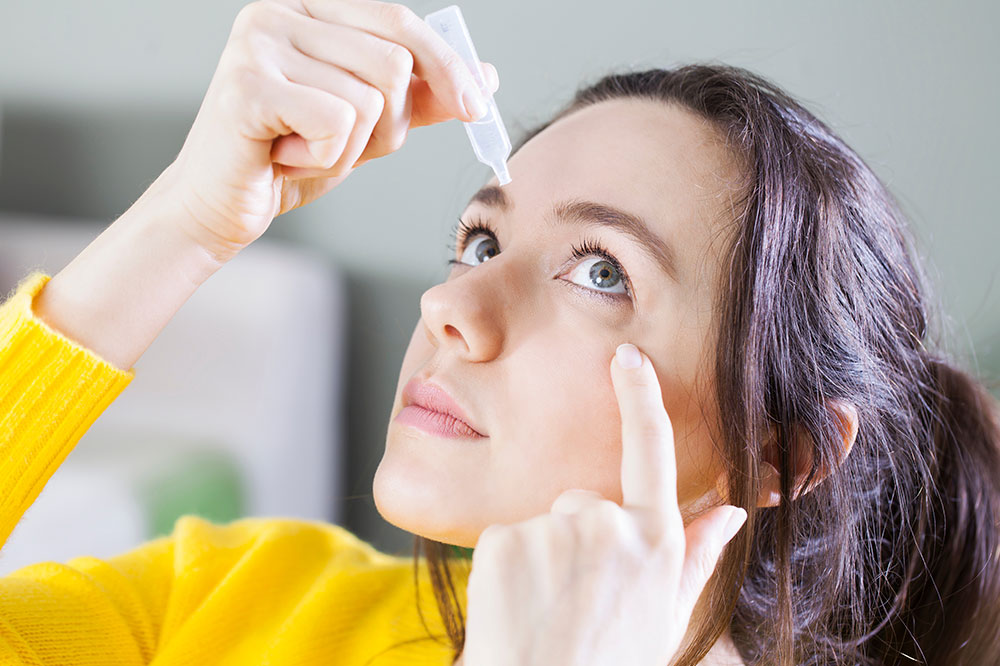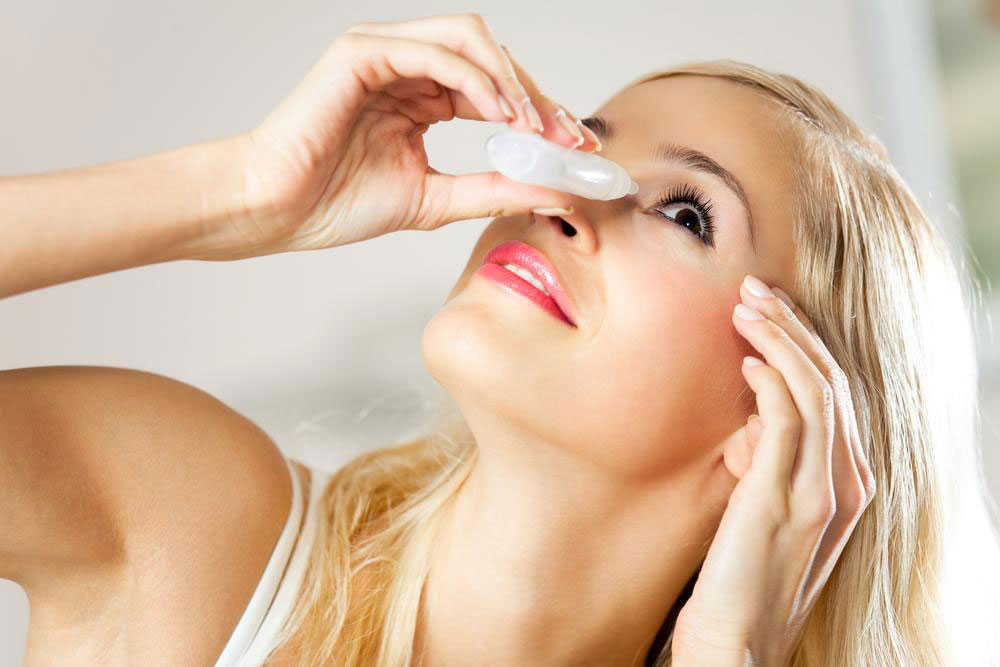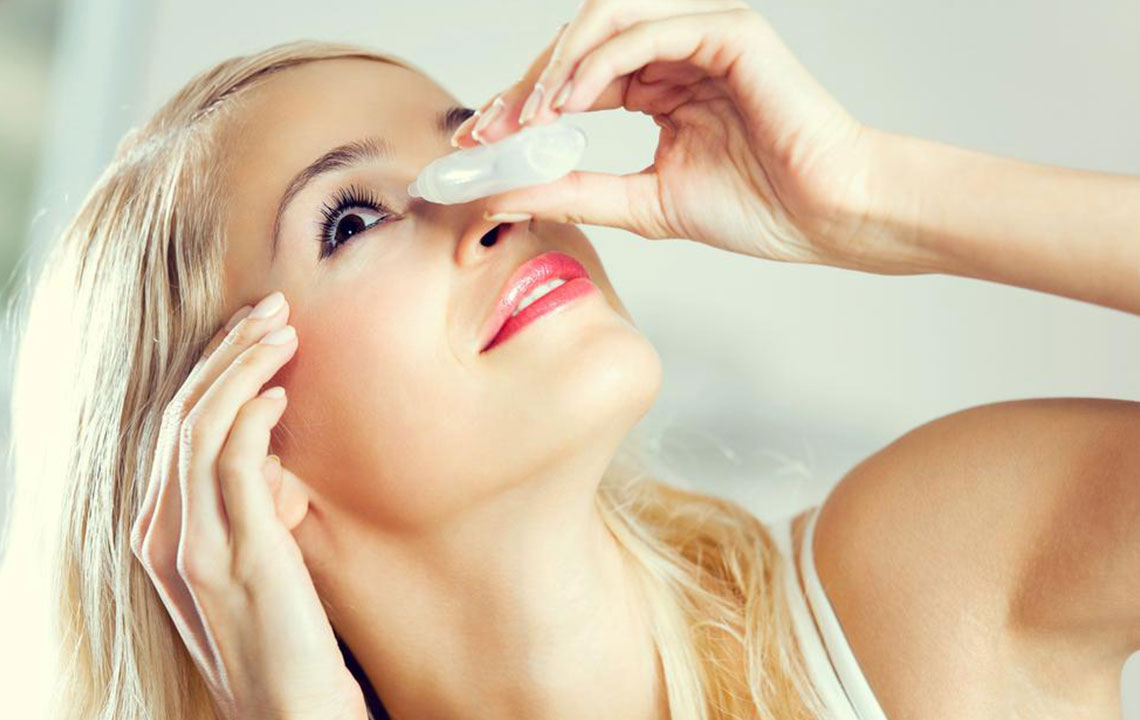Comprehensive Home Remedies to Relieve Dry Eyes and Improve Eye Comfort
Discover comprehensive home remedies for dry eyes, including warm compresses, proper hydration, humidifiers, dietary tips, and contact lens care. These effective strategies help alleviate symptoms, improve comfort, and promote healthier eyes naturally. Ideal for those experiencing persistent dryness or seeking non-pharmaceutical solutions to eye discomfort.

Effective Home Strategies for Managing and Relieving Dry Eyes
Dry eye syndrome is a common ocular condition characterized by insufficient tear production or poor tear quality, which leads to a range of uncomfortable symptoms. Many individuals experience persistent irritation, burning sensation, heaviness of the eyelids, sensitivity to light, fluctuating or blurred vision, and overall eye discomfort. These symptoms can significantly disrupt daily routines, impair concentration, and diminish overall quality of life. Fortunately, understanding and implementing effective home remedies can provide relief and improve eye health without the need for pharmaceutical interventions.
Understanding Dry Eye Disease: Causes and Symptoms
Dry eye occurs when the tear film, which normally lubricates and nourishes the eyes, becomes unstable or deficient. Factors contributing to this condition include environmental influences such as dry or windy weather, prolonged screen time, aging, hormonal changes, certain medications, and underlying health issues like autoimmune diseases. Recognizing the symptoms early and adopting appropriate home care can help manage and reduce discomfort.
Practical Home Remedies to Alleviate Dry Eye Symptoms
Applying Warm Compresses
Warm compresses are one of the most accessible and effective methods to stimulate tear production. Applying a gentle, warm cloth over closed eyelids for several minutes can help increase blood flow to the eyelids and activate the meibomian glands responsible for producing the oily layer of tears. Regular use of warm compresses not only relieves discomfort but also enhances tear film stability, reducing the sensation of dryness and irritation.
Ensuring Adequate Sleep and Rest
Adequate sleep is vital for maintaining overall eye health. Sleep deprivation can exacerbate dry eye symptoms and lead to increased fatigue and discomfort. Additionally, taking frequent breaks during screen time—such as the 20-20-20 rule (every 20 minutes, look at something 20 feet away for at least 20 seconds)—helps lessen eye strain and prevents dryness. Creating a sleep environment conducive to restful sleep, minimizing blue light exposure before bed, and maintaining a consistent sleep schedule are crucial steps in supporting eye hydration and health.
Utilizing a Humidifier
In regions with dry, cold, or artificially heated indoor environments, air moisture levels tend to be low, which can aggravate dry eye symptoms. Using a humidifier effectively adds moisture to the air, preventing excessive evaporation of tears and maintaining proper hydration levels in the eyes. Regularly cleaning and maintaining the device ensures optimal performance and prevents bacterial growth.
Maintaining Proper Hydration
Drinking sufficient water throughout the day is fundamental in preserving natural eye moisture. Dehydration can lead to decreased tear production, intensifying dryness symptoms. Experts recommend consuming at least 8 glasses of water daily, but individual needs may vary based on activity level, climate, and health status. Incorporating hydrating beverages like herbal teas and consuming moisture-rich foods can further promote eye lubrication.
Using Over-the-Counter Eye Drops and Ointments
Artificial tears or lubricating eye drops are widely used to provide temporary relief from dry eyes. When selecting eye drops, opt for preservative-free options to avoid potential irritation, especially for frequent use. For more sustained relief, ophthalmologists may recommend ointments applied during nighttime to protect eyes during sleep. Proper application techniques and consistency are key to maximizing the benefits of these products.
Dietary Strategies for Enhancing Eye Moisture
Nutrition plays a vital role in maintaining eye health. Incorporating omega-3 fatty acids into your diet can significantly improve the quality of the tear film and reduce inflammation. Rich sources include fatty fish such as salmon, tuna, sardines, mackerel, and cod liver oil. For plant-based diets, walnuts, flaxseeds, chia seeds, and soybean oil are excellent options. These nutrients support meibomian gland function and promote overall ocular health.
Contact Lens Usage Tips for Dry Eye Sufferers
Contact lenses can sometimes exacerbate dry eye symptoms, but with proper selection and care, they can still be worn comfortably. Choose lenses specifically designed for dry eye conditions, such as Dailies Total 1, Bausch + Lomb ULTRA, Biofinity Energys, or Acuvue Oasys. Regularly updating your eye prescription, practicing meticulous hygiene, and avoiding prolonged wear times help minimize dryness and prevent irritation. Consulting an eye care professional for personalized advice ensures safe and comfortable contact lens use.
In summary, managing dry eye symptoms effectively at home involves a combination of lifestyle modifications, dietary choices, and proper eye care routines. Implementing these strategies consistently can lead to significant improvements in comfort, vision clarity, and overall eye health, reducing reliance on medication and enhancing daily well-being.





